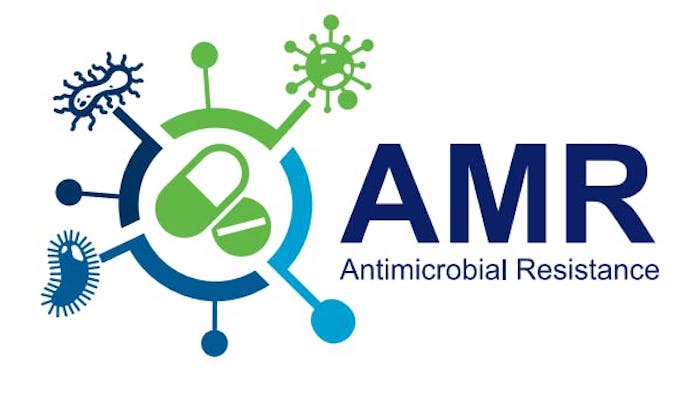By Iyemah David
As Nigeria battles rising Antimicrobial Resistance (AMR), Infodemics managers have been urged to step up timely community engagement and strengthen the knowledge of health promotion officers (HPOs), at state and local government levels.
Speaking during a stakeholders’ meeting on Thursday in Abuja, Mr Sunday Oko, Programme Officer at Nigeria Health Watch, stressed the need for urgent collaboration to ensure those at the grassroots are not left behind in the AMR response.
“Our target audiences are not that knowledgeable as far as AMR is concerned. But beyond that, how knowledgeable are our HPOs at the state and LGA levels?” Oko asked.
He said that infodemics managers must coordinate outreach efforts to equip frontline health officers with the right knowledge to educate their communities.
“Whatever we want to do, we cannot do it alone. We need amplifiers, other stakeholders, including the media, to take the message further than where we are standing,” he said.
He further called for stronger regulations on antibiotic sales and targeted public education, citing social listening insights that reveal persistent misuse of antibiotics and widespread misconceptions online.
Mr Moses Ngbede, Communication for Development Specialist at UNICEF, also highlighted the importance of social listening in outbreak response.
He explained that UNICEF deploys digital tools such as TalkWalker to track conversations and opinions across Nigeria’s 36 states, generating real-time insights that inform evidence-based decisions.
“Before you get into social listening, you need to determine what exactly you want to achieve with it and establish key performance indicators to measure success,” he said.
Ngbede added that recent cholera monitoring recommended strengthening surveillance systems, improving access to clean water and sanitation and expanding vaccine access with stronger cold-chain capacity.
Mr Okechi Nzedibe, Lead Programme Manager at Histripes Nigeria Limited, described AMR as a looming threat requiring urgent, coordinated action.
He urged stakeholders to leverage existing HPO platforms to deliver accurate information, stressing that misinformation must not be left unchecked.
“With AMR already close by, we cannot continue to allow information to fly around unchecked. Strengthening collaboration and coordination is the way forward,” Nzedibe said.
Ms Margaret Soyemi, Head of Social and Behavioural Change Communication at UNICEF, noted that pharmacists remain key in combating AMR, due to their direct engagement with communities.
“With a lot of misinformation going on, you will be shocked to find that even the elites, whom you expect to know much, often lack basic knowledge about medications,” she said.
Soyemi explained that misconceptions about common drugs like ampicillin persist across all social classes, making it necessary to target both grassroots and elite audiences simultaneously with accurate information.
Mr Junaid Junaid, Senior Health Education Officer and Lead of the Infodemic Management Unit at NCDC, said that the agency continues to work with UNICEF to produce social listening reports, including two on COVID-19 currently undergoing review.
Stakeholders at the meeting agreed that tackling misinformation across all social strata is critical to slowing the spread of antimicrobial resistance in Nigeria.
They warned that without robust grassroots awareness, Nigeria’s efforts to curb AMR could be undermined by limited health literacy and unchecked misinformation.




